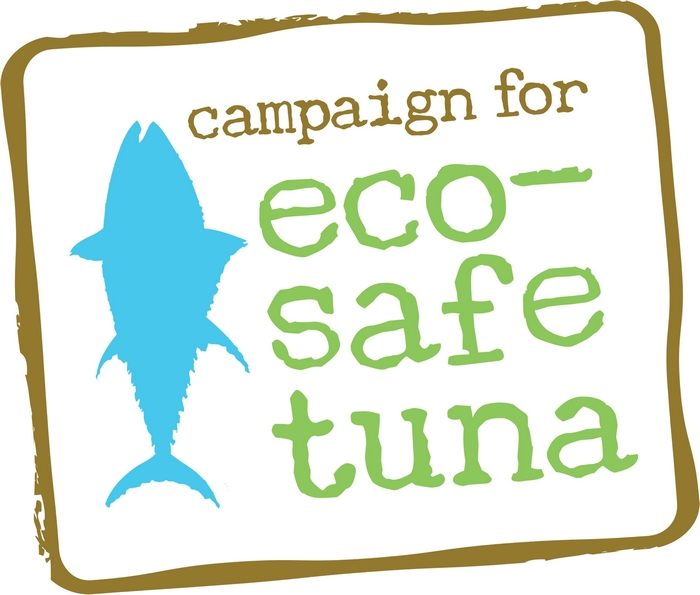This weekend, I went to the demonstration “Hands Across the Sand”. The intent was to declare to President Obama that we demand clean energy and request a stop to offshore drilling (which he promised to do during his campaign).
With all that said, my husband kept telling my mother-in-law that I was going to a protest to “put an end to sand”. Since he is the funniest person I am fortunate to know I can say with certainty that he wasn’t serious in his explanation. However, it got me thinking that a lot of the vernacular thrown around in the environmental industry may not always be so cut and dry to everyone else. I figured I’d take this opportunity to clear up a few misconceptions and put some labels on clean energy terms.
Isn’t natural gas a clean energy? Well, with a name like … no, natural gas isn’t that natural after all. We have to burn natural gas in order for electricity to be generated. This produces harmful emissions which get released into the environment. Therefore, increasing the greenhouse effect on our earth. Ultimately, it all comes down to us to reduce the effects of greenhouse gases. Major contributors of such greenhouse gases are industries and large establishments. It is the duty of the owners of such factories to keep a check on their consumption of electricity with effective utilisation of tools like business electricity comparison.
What is the greenhouse effect? The greenhouse effect is the earth’s natural way to regulate itself. However, when we burn fossil fuels and natural gas we are contributing additionally and warming the earth more so than it naturally intends to be.
What are clean energy alternatives? Water, geothermal, wind, and solar are all very popular clean energy, or renewable energy, alternatives. Also, wood, wood waste, solid waste, landfill gas, biogas, ethanol, and biodiesel can be used to power our lives in a sustainable manner. As a matter of fact, more than 150 years ago, wood supplied up to 90% of our energy needs. The pie chart below illustrates our how little the U.S. relies on renewable or clean energy alternatives today.
What are the benefits of renewable energy? Renewable energy production reduces smog (a major health risk) also every kilowatt-hour of electricity produced by a renewable energy system displaces the same amount of electricity produced by conventional power generation stations that are using fossil fuels that contribute to CO2, SO2, NOx and smog.
What are the disadvantages to renewable energy? Right now initial costs are the biggest hurdle to renewable energy taking over our dependence on fossil fuels. For example, solar energy technologies require a significant initial outlay. But, in most cases you’ll make the money back.
Where can you learn more on how to retrofit your home for better energy consumption? ENERGY STAR and Alternative Energy News have a lot of up-to-date information.
Image (c) U.S. Energy Administration 2010.
Also, here are some pictures from the event in D.C.








Speak Your Mind